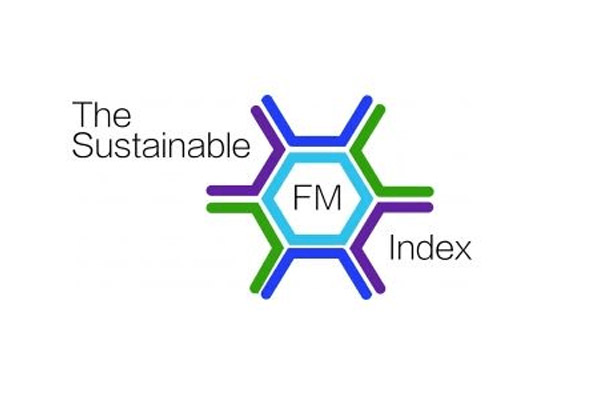
Responsible FM - what have we learnt in the last two years?
One area that requires a change was the management of suppliers. In the past, suppliers were used as an extension of the balance sheet to delay or avoid payments should cash flow get into difficulty. As a result, many suppliers have gone into administration, and many more livelihoods have been impacted. Suppliers have recognised the high risks of relying on a single client and vice versa. However, the underlying low cost model, driven by cheaper prices is still prevalent in the marketplace. Risk transfer may be more open, but the focus is still very much about reducing costs – particularly across the Government Estate. Such an approach leads to cost cutting and a short term approach – a long way from the need for FM to demonstrate value or to enable upskilling of the workforce.
This lack of tangible investment places risk again onto FM providers not able to cope with changing market conditions. The Government asked suppliers to draw up ‘living wills' to protect itself against supply chain risk, but not to help the suppliers themselves.
The Sustainable Facilities Management Index (SFMI) is looking to incorporate these changes into the relevant sections of the assessment to understand how they are being delivered with an ongoing low margin model. The SFMI continues to drive best practice across all aspects of sustainability to the industry and sees these issues as a method to improve the reputation of outsourcing tarnished by bad practices.
Social Improvements
Greater responsibility is being mandated to clients through regulation such as the Modern Slavery Act and Social Value Act. This is driving a different conversation for both clients and suppliers. In particular, the role of social value has significantly increased as we look for different metrics to the simple financial ones to base decisions on. FM is one of the few sectors whhich has the ability to take individuals out of deprivation and provide them with a career and a future. This provides a real differentiator to organisations who are seeking to demonstrate their heart when attracting and retaining talent across their wider business.
Clients need to understand which social and environmental improvements are necessary and which suppliers can be engaged to help deliver them. This will require a mapping exercise to understand the local community needs. These needs can be aligned to the values of the organisation to develop a longer-term programme.
As the approach matures and we better understand the connectivity between the actions taking place and the resulting benefits, we will look increasingly to promote the values achieved.
Responsible Business Approach
Culture and risk are changing quickly, with the supply chain quickly becoming a key risk factor in the capability of an organisation. Much of this is driven by the client’s culture and key ambitions – it is no longer good enough for an organisation to espouse sustainability credentials whilst also pursuing a single minded cost cutting regime through its supply chain.
Developing a deeper relationship with suppliers is necessary to enable two-way dialogue, transfer of knowledge and the understanding of what true value and innovation can be achieved. The SFMI has supported several supplier workshop programmes to help critical suppliers understand the main environmental and social impacts, and to foster a dialogue to deliver shared services. Improved performance, cost savings and resolutions to direct
challenges have resulted from such programmes helping to add real value to both parties.
Overall, we are in a similar position as we were two years ago with not a significant change in the market. Low cost models are still the determining
factor with cost cutting its primary aim limiting the ability for value being provided to clients and upskilling internally. The largest clients are driving
this behaviour but have the ability to change the market quickly through their buying power.
These themes play a fundamental role in a responsible business approach. The SFMI is driving this approach in FM - there is a long way to go, but there are
some real cases of best practice out there to learn from. You can read the latest reports and research from the SFMI here.
If you are an FM service provider, being part of the SFMI in 2020 will give your company the pathway it needs to be managing and implementing key issues
that a responsible business needs to address.
Source: SFMI


